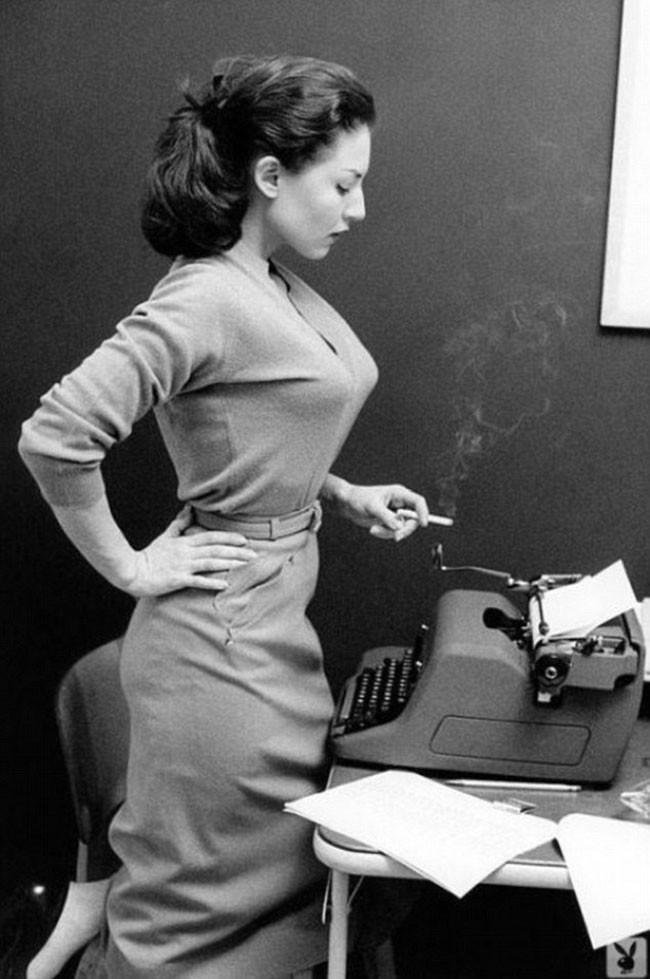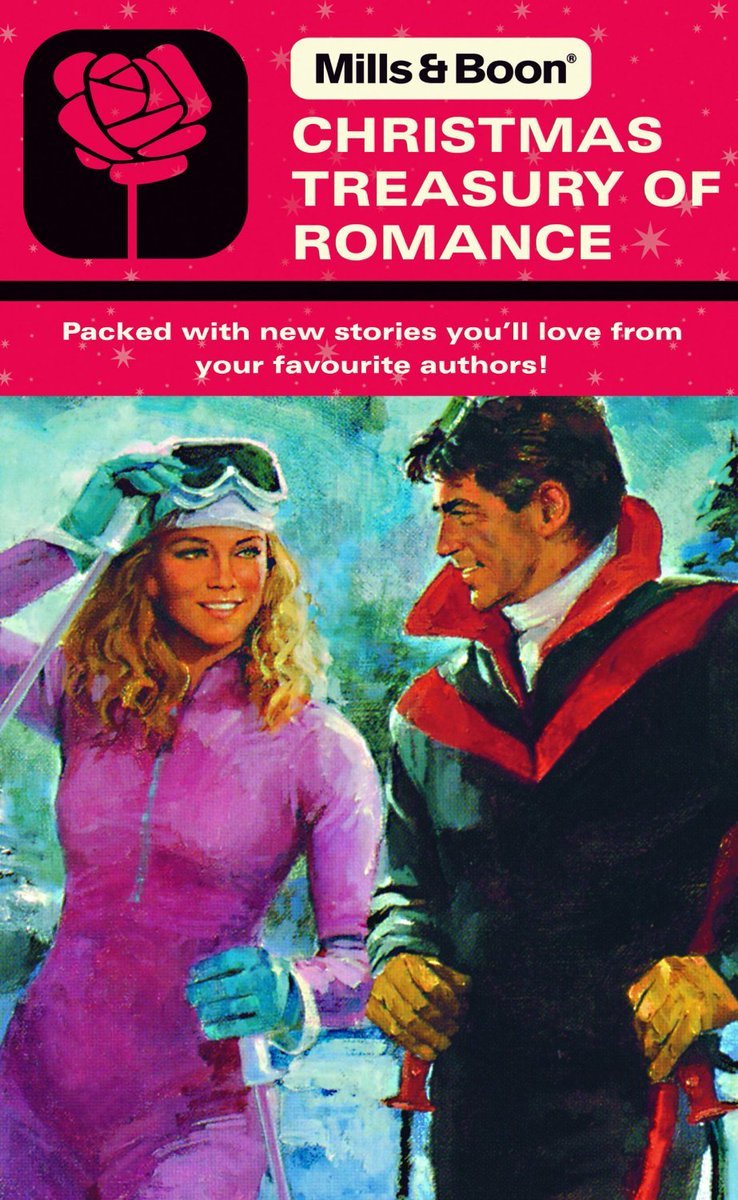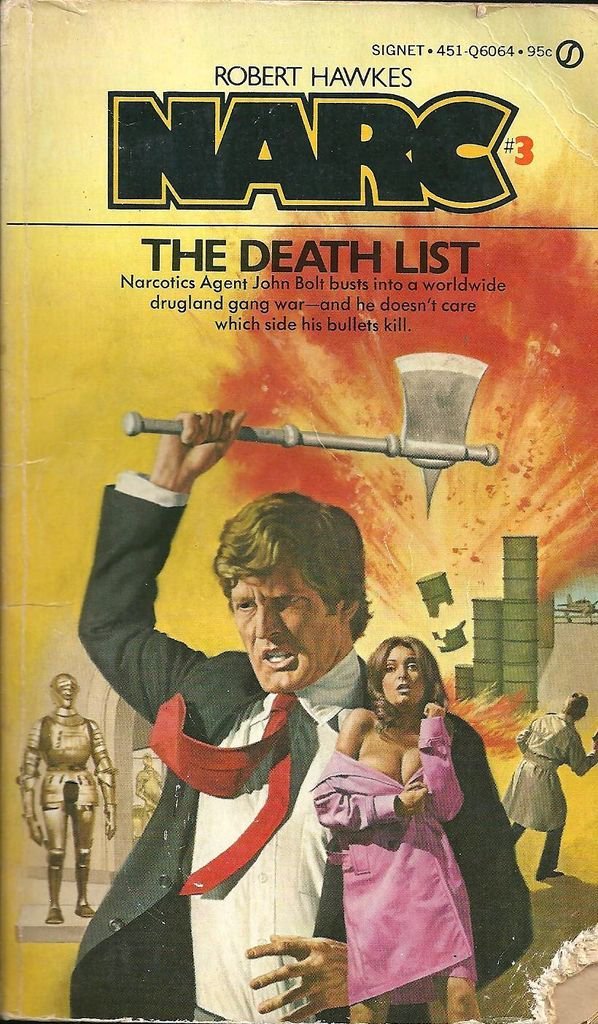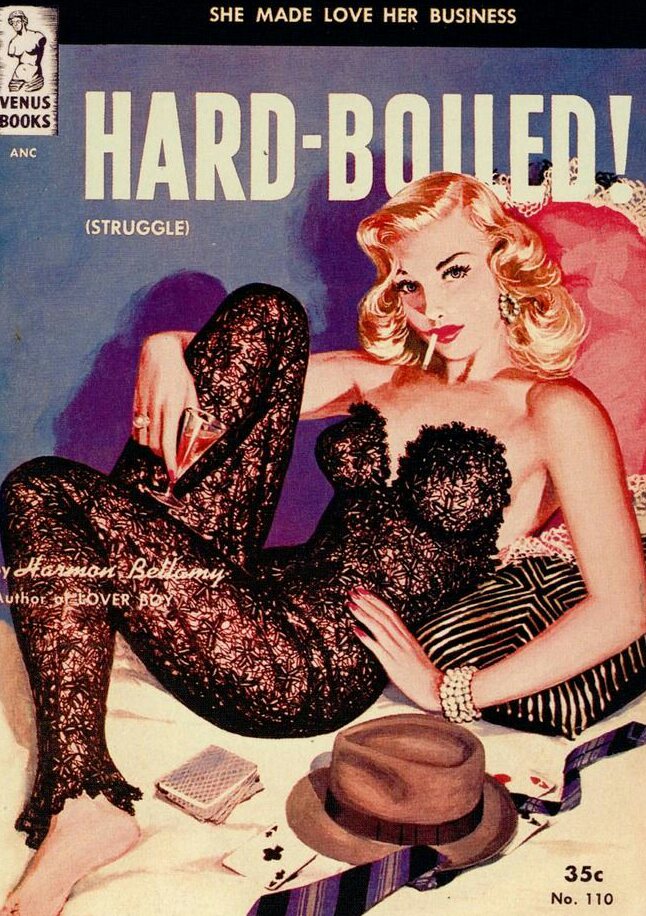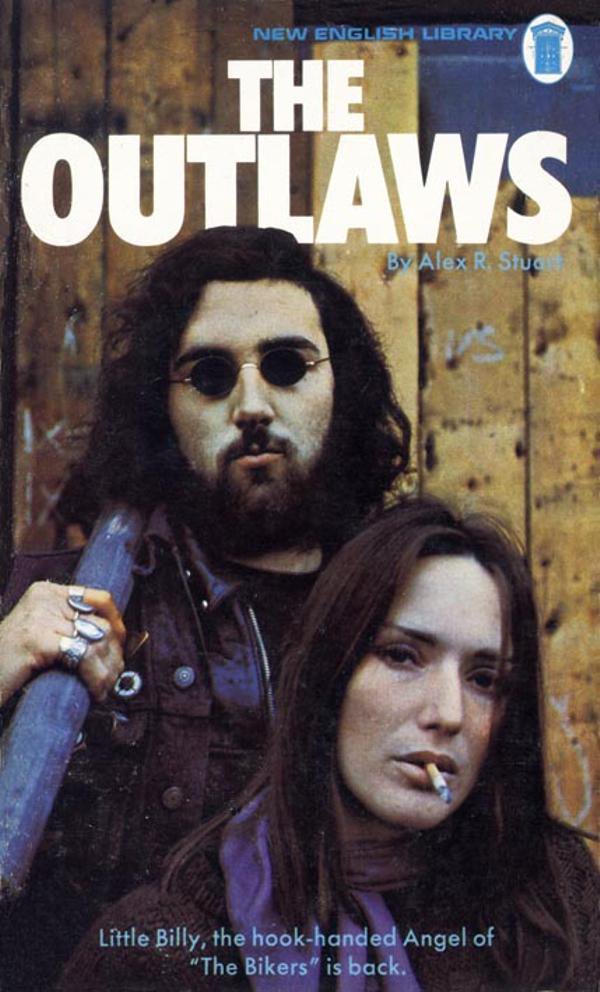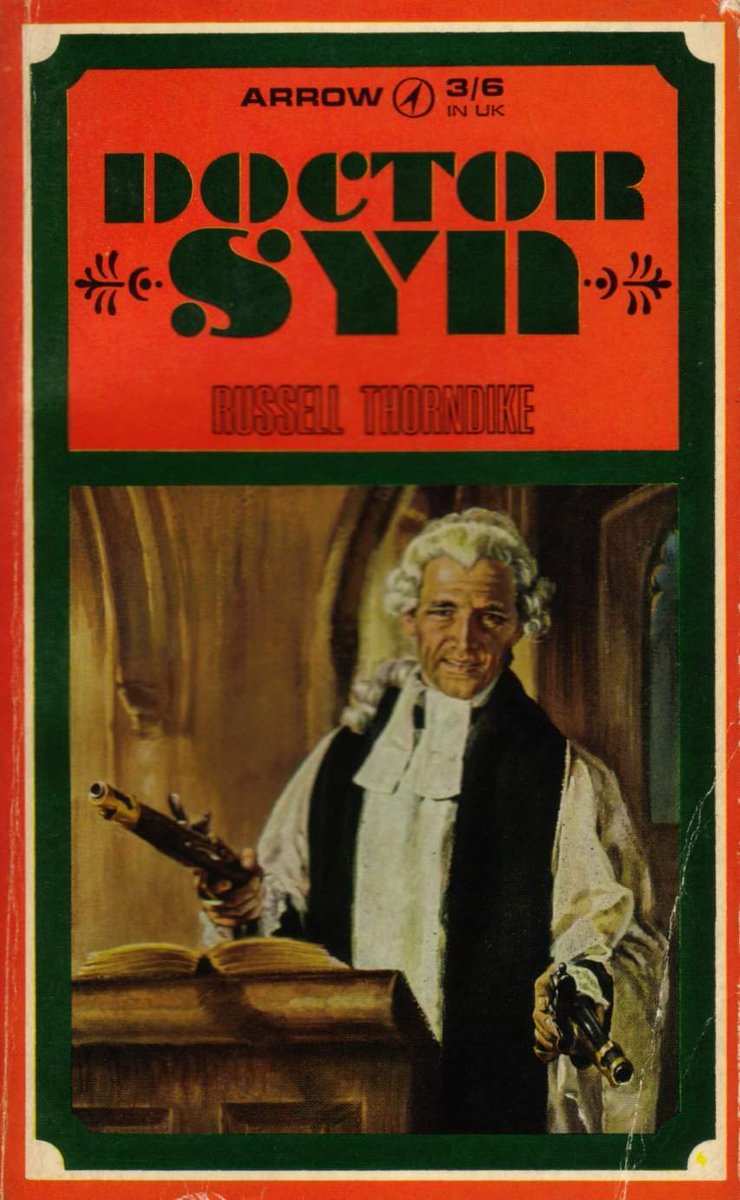It is the greatest frog-worshiping zombie biker occult horror film ever made. Possibly the only one. It's certainly like no other movie you've ever seen.
Today in pulp, I look back at the 1971 classic Psychomania...
Today in pulp, I look back at the 1971 classic Psychomania...
By the early 1970s British horror films were trying to get 'with it' to attract a younger audience. So it wasn't surprising that in 1971 screenwriter Arnaud d'Usseau tried to create a biker horror movie. 

d'Usseau had previously written Horror Express, an Anglo-Spanish sci-fi/horror movie loosely based on John W. Campbell's novella Who Goes There. Christopher Lee, Peter Cushing and Telly Savalas did their best with the material. 

For his next project Arnaud d'Usseau was paired with veteran Hammer director Don Sharp, who knew a thing or two about budget filming, and together they thrashed out a plot... 

And what a plot it was: part Aleister Crowley, part Clockwork Orange and part Easy Rider. Shooting began in 1971 at Shepperton Studios, with location filming at the Hepworth Way shopping centre in Walton-on-Thames.
Nicky Henson was cast in the lead role of biker Tom Latham, the arrogant, spoilt and very well-spoken frog-obsessed son of witch and medium Mrs. Latham (Beryl Reed). 



George Sanders was the big name star of the film, playing sinister, demonic, ageless butler Shadwell. Alas it was also his last ever film: struggling with dementia and the effects of a minor stroke he later sadly took his own life. 

Psychomania starts in a mysterious stone circle, where Tom's biker gang 'The Living Dead' slowly drive around in the mist before heading into town for some ultraviolence on the Queen's highway. 



After becoming obsessed with a frog (don't ask) Tom asks Shadwell if he knows the secret of eternal life. Indeed he does, and he shows Tom the locked room in which his father unsuccessfully sought immortality. Hallucinations (and more frogs) ensue. 

Beryl Reed explains to her recovering son, the secret to eternal life is to die believing you will come back. If you believe it enough, it will happen!
Demented by this knowledge Tom and his gang smash up a Fine Fare supermarket, before Tom roars past the Frosties, out of the door and over a bridge. 



The gang bury Tom sitting upright on his bike, while singing the worst folk song ever. Then, as his mother casts a frog-based spell, the immortal Tom roars out of the grave on his motorcycle before killing everyone in a local pub. 

Once Tom's gang realise how easy immortality is they all kill themselves in various ludicrous ways so they can return as zombies. But Tom's girlfriend Abby can't go through with it, so she pretends to be a zombie instead to ensure she can still join in. 



The undead gang then cause mayhem in the local shopping centre (with some genuinely dangerous stunts) before dragging Abby to the stone circle to kill her so she can also become a middle-class zombie biker. 

I won't spoil the ending of Psychomania except to say Beryl Reed turns into a giant frog. It is perhaps a fitting denouement, in as much as it doesn't really explain what you've just watched. 

Psychomania was retitled The Death Wheelers in the US. Other titles used worldwide include The Frog, The Living Dead, and Death Wheelers Are Psycho Maniacs. 

Psychomania is genuinely unlike any other film you've seen: almost absurdist, certainly confusing, often very funny. It was a genuine attempt at genre-crossing experimentation, and that's always to be applauded. 







The British Film Institute recently issued a remastered Psychomania on Blu-Ray and DVD so do keep an eye out for it, or check your favourite streaming service to see if they have this horror gem available.
More stories another time...
More stories another time...

• • •
Missing some Tweet in this thread? You can try to
force a refresh


